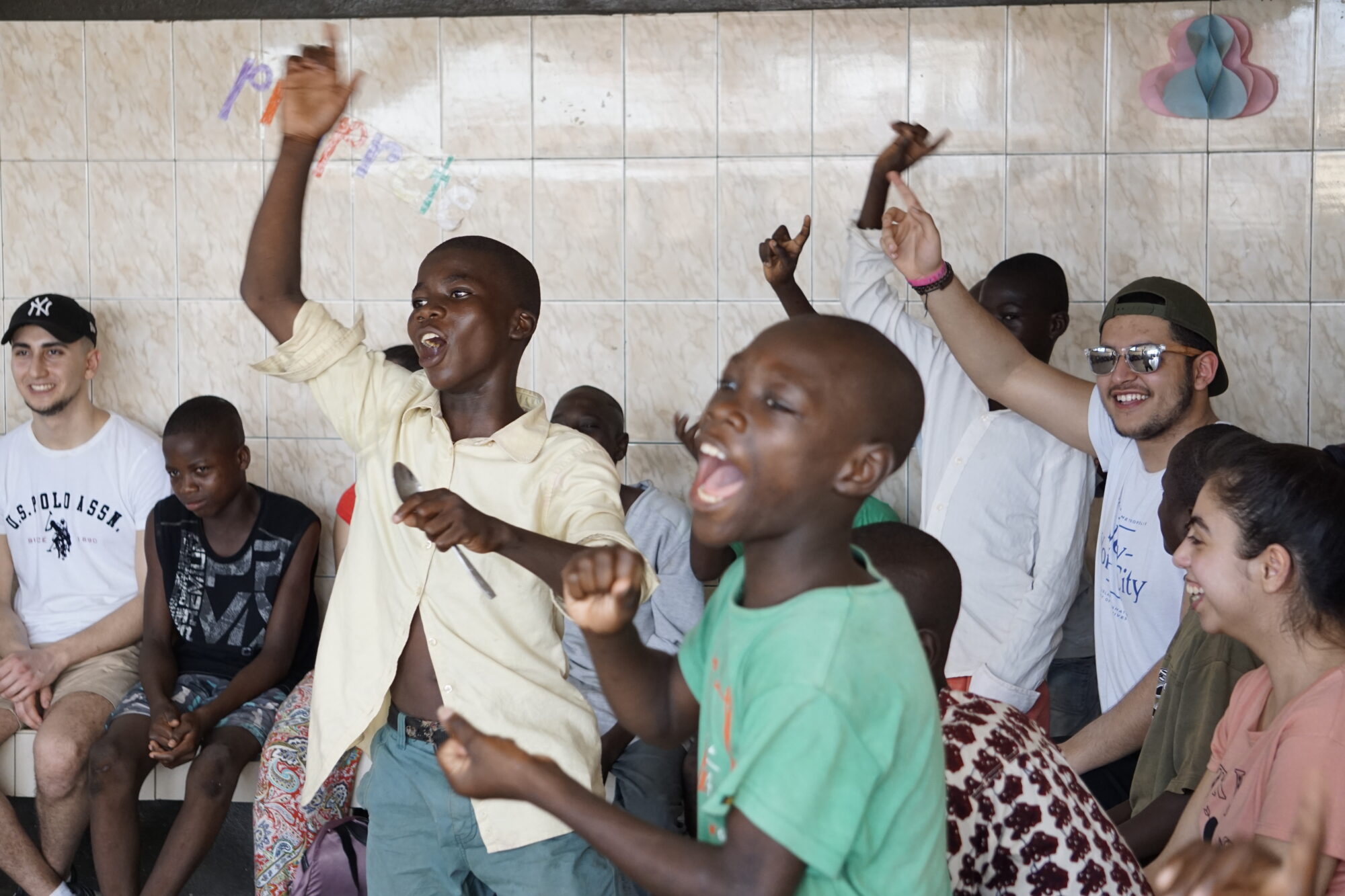It is obvious that if a programme is to evolve, it needs to be evaluated regularly: but what about the evaluation itself? Should not the analytical tools themselves be screened for improvement? This is the question that VIA Don Bosco put to an international committee it set up, bringing together experts in pedagogy and educational evaluation from Germany, Spain, the Philippines, Bolivia, Belgium and Africa. Their work has given rise to a new tool: the Education Compass. It will be tested this year in El Salvador and Burkina Faso before being extended in 2025 to all the countries where VIA Don Bosco is active.
“Until now, our data has come from our development offices, which on average oversee 3 or 4 vocational training centres each,” explains Guénaëlle de Meeûs, Quality Manager at VIA Don Bosco. “On the recommendation of the committee, we are going to increase the accuracy of our data by having the information fed back directly from the schools.” This is a more demanding approach, but one that will provide us with much more detailed and usable indicators than the analysis of school results or integration rates.
“To create the Education Compass, we opted for a Whole School Approach, an analysis technique that goes from the context in which the school is set to the educational project, including management, the rate of integration of students into working life at the end of the course, the ease of access to training, etc.”
How does the school advertise itself? How often do teachers follow training courses? Does the school have the necessary teaching materials? Does it offer financial support for the most disadvantaged pupils? Does it have the resources to maintain its infrastructure? “The difficulty was to find an analysis grid that could take into account very different contexts”, Guénaëlle de Meeûs continued. This is one of the main innovations of the Education Compass: enabling exchanges between partners in different countries. “And to do that, we need to be able to use the same data.”
A test phase will be carried out from February onwards in two schools, one in Burkina Faso and the other in El Salvador, with the aim of improving the tool before it is rolled out across the board in 2025. “It’s a short timeframe, but we’re going to get there,” asserted Guénaëlle de Meeûs.
